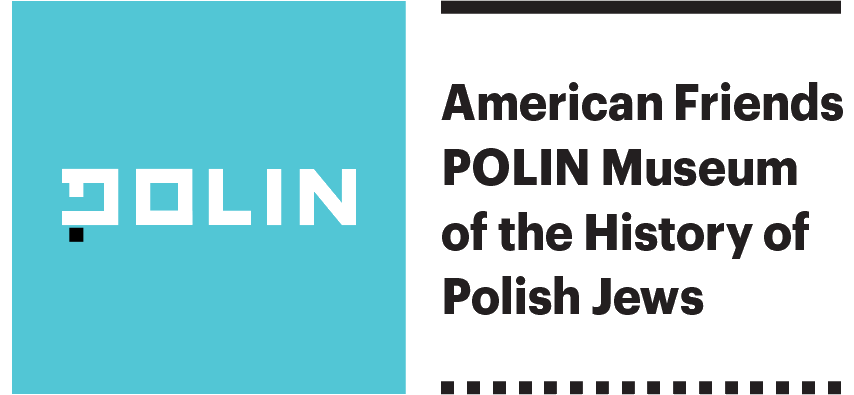Joint statement of the POLIN Museum Director and the President of the Board of the Association of the Jewish Historical Institute on the attack on the memory of Holocaust victims
84 years ago, a group of residents of the town of Jedwabne, with the knowledge and encouragement of the German occupying force, committed a heinous crime, murdering several hundred of their Jewish neighbors. Among those burnt alive in a barn were children, women and the elderly.
The wave of anti-Jewish violence—primarily sparked by the Nazi genocidal policies following the German invasion of the USSR in the summer of 1941—swept across the territories of Poland. In addition to Jedwabne, atrocious crimes were committed on the Jewish population in, among others, Szczuczyn, Wąsosz, and Radziłów. In all of these towns—and many others—the active involvement and direct responsibility of segments of the local population have been investigated, documented, and confirmed by institutions with scholarly and investigative authority, the Institute of National Remembrance among them.
Even though various incidents had occurred in the past, this year, instead of reflection, contemplation, and prayer, we witnessed an unprecedented attack on the memory of the victims, on the historical truth and, ultimately, on Poland’s national interest. It all began with confrontational ‘commemorations’ aimed at distorting the narrative on the events of the Jedwabne pogrom. Alas, as in previous years, there were attempts at disrupting the anniversary ceremonies. The worst of all, however, was an interview given by a former presidential candidate to one of the radio stations, which was rightly cut short after he uttered words that were a flagrant violation of the law—a Polish Member of the European Parliament publicly questioned the existence of gas chambers at the German Nazi death factory Auschwitz-Birkenau. Holocaust denial is not only a criminal offense—it is a testament to total moral collapse.
The response of many figures of authority and institutions to this disgrace is justified, as is the demand for effective enforcement of the law. We, too, support the prosecutors who, often working in less-than-favorable conditions, are conducting proceedings in this and similar cases against individuals and groups that use antisemitism as a tool to gain popularity. We do hope they demonstrate enough determination and courage—as do the media that bear primary responsibility for setting the standards of public discourse.
Alas, we observe some reactions following the incidents in Jedwabne with growing concern. It is difficult to understand and accept the stance of a professor who, until recently, headed a major historical institute and now publicly endorses the narrative promoted by extremist groups that question the truth about the events in Jedwabne. Since we are convinced that we are no longer dealing with a series of isolated incidents, but rather a deliberately executed process—an assault on historical truth and the systematic manipulation of history—we are equally, if not more, troubled by the silence. We stand with those who claim that this is a test for the Polish political class. Loneliness was amongst the most painful experiences recalled by Holocaust victims—by the few who had survived and by those who had perished. We appeal to the highest-ranking officials of the Polish state, starting with the President-elect, and to all politicians—those forming the government and those sitting in the opposition benches—to take active steps to eliminate from the public realm the language of negationism, falsehoods, and obsessive anti-Jewish rhetoric. It is truly high time for us to stop being indifferent.
Do not allow the Jews in Poland to feel alone once again.
Zygmunt Stępiński – POLIN Museum Director
Piotr Wiślicki – President of the Board of the Association of the Jewish Historical Institute of Poland
